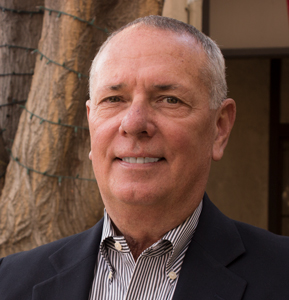The job interview is a valuable and necessary first step to building your careers.
If you prepare for it, an interview can be very pleasant and rewarding. This first impression provides you with insight into where you’re choosing to work and also gives you the chance to display your potential.
1. Know the position you are applying for.
- Review the job description and identify the key traits or qualities.
- Become well versed in the definition of these and how they apply to the position.
- Be prepared to explain how you can satisfy the need for these key traits and qualities.
2. Know the company you are applying for.
- Get the inside intel on the company and prepare yourself with it. Make sure it’s an atmosphere that you will thrive in. Some resources that you could use to help you with this include Google, Linkedin, Glassdoor, Wikipedia, a current or former employee etc.
3. Know your resume, know it well.
- Have a hard copy of the one you provided to the company available, they may not have printed yours. A first impression lasts a lifetime and there can never be another. Often times your resume is your first impression to a future employer. Make sure it is up to date and free from errors.
4. Know where the interview is taking place.
- Keep in mind the interview does not always take place at the same physical location as the company. Sometimes a company or firm will hire a third party to conduct interviews, or the interviews might take place at a nearby headquarters.
5. Know what time to get there, and then be early.
- When you arrive, acknowledge that you are aware that you are early. Most likely you will not be the only person they interview. A previous interview may have ended early or not shown up at all. If you arrive early that is an opportunity for you to begin your interview early and if necessary last longer.
6. Know how to show your work.
- Be prepared to provide examples. Have digital copies available both online and offline on a thumb or hard drive. Be able to explain a process relevant to the job description. Know the names of your tools and how to best use them.
7. Know your strengths.
- Know your qualifications and how you can help the company. Connect the dots for the interviewer, this shows them that you pay attention to the needs of the company and you appreciate your value as a potential employee. Also be able to identify a weakness and turn it into a positive. Example: “I was unfamiliar with how to use Microsoft Office software, but I’m well versed in Google Office products.”
8. Be yourself and build rapport.
- Make sure you know you are going to fit into the environment and the environment is going to be a good fit for you. Competence and confidence will only take you so far.
9. Know the competition.
- Displaying a knowledge of the trends and the key players in the industry will help demonstrate and show due diligence you’ve conducted in preparation for the interview. This also demonstrates to the interviewer your ability to think critically and your resourcefulness as a potential employee.
10. Send and ask.
- Upon completion of the interview send a postal thank you note, or an email immediately. Ask for feedback, and when to expect to hear back from them, and would it be appropriate to reach out to the company for a status update.
Remember, an interview is an important tool in determining your potential.
Thank you.
Bill Harshman
